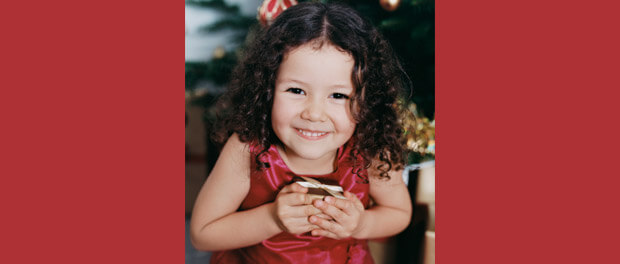
Gratitude is not optional in the faith journey. It is central.
Gratitude is not simply remembering to say “Thank you.” There is a difference between the child who is taught to say “Thank you,” and the child who is truly grateful. The words are not necessary when we see the joy and appreciation of child engaged with something that has been a gift. All children really need to do to show gratitude is to include us in their expressions of enthusiasm.
Gratitude is an acknowledgement of the continual gifting of God. And my expression of gratitude probably doesn’t begin with saying “Thank you.” Rather it begins in the savoring of what I have, in the celebration of the life that is. As I begin to savor and to celebrate, I start to look around for those whom I should include in my thanksgiving. I cannot help but turn my attention to God.
It is only in the last few years that I have become more acutely aware of the centrality of gratitude. I think in some ways it can be used as a hallmark for some degree of spiritual maturity. It’s the move away from the self-centered adolescent, “Thanks so much!” followed swiftly by, “But what I’d really like is…” to the more mature, “I have done nothing to deserve these riches.”
There is a difference between the person who is unsatisfied because he desires a greater sense of connection with God and the person who knows that there is far more to the spiritual journey than she currently experiences but is content to let God lead the way. The latter is a position of gratitude, an acknowledgement that God has led one thus far and will lead one on in God’s good time. Both may experience the desire for more, but the former can only see what he lacks, while the latter focuses on what she has.
In a society which is focused on the next goal, the next success, the next whatever, gratitude is countercultural. In truth, gratitude is the first step on the pathway to true freedom in God.





Thank you for this post. I usually recount grateful deeds before going to bed. It is usually thank God for this or that. To savour and celebrate the deeds of God is wonderful way to express gratitude. Just like children we are asked to imitate spiritually.
There is a difference between the person who is unsatisfied because he desires a greater sense of connection with God and the person who knows that there is far more to the spiritual journey than she currently experiences but is content to let God lead the way. The latter is a position of gratitude, an acknowledgement that God has led one thus far and will lead one on in God’s good time. – Thank you for this insight. I so often think if I just do some particular thing I will get there… But what I need to do is thank God that I am here and that here is exactly where I am meant to be. God is in charge of the path, I just need to follow it.
Gratitude is critical, and the lack of gratitude is a grave offense to God and to Mary. I think the best way to show gratitude is to live a holy and devout life. To say “thank you” without words, but in deeds, which always speak louder than words. Your comparison of two attitudes at the end though highlighted for me the link between gratitude and patience. I would compare your two examples in terms of patience. The former describes an impatience with God’s pace, despite a holy hunger for a deeper relationship with God. The latter is “content”, and willing to progress at God’s pace, a hallmark of patience. Gratitude begets patience, and you do a fine job of demonstrating that both are inseparably linked.